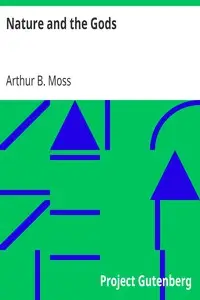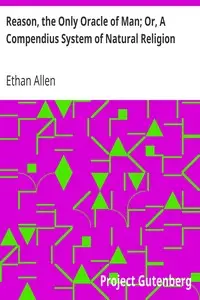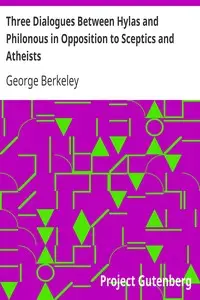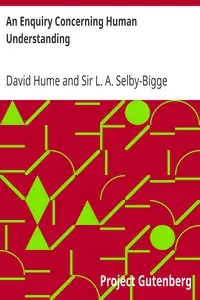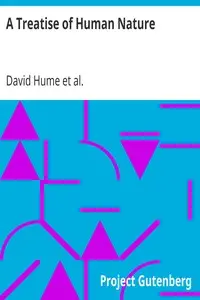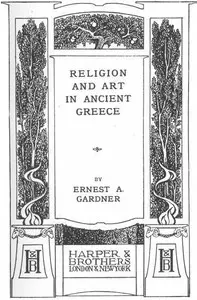"Dialogues Concerning Natural Religion" by David Hume is a philosophical discussion using conversations between Pamphilus, Hermippus, Cleantes, Philo, and Demea to explore questions about God and religion. The dialogue starts with Pamphilus thinking about how philosophers used to share ideas, and then introduces Cleantes, who believes in using reason to understand religion; Philo, who doubts we can really understand God; and Demea, who thinks faith is more important than questioning. These characters debate the nature of faith, the power of reason, and how we can try to understand the divine, leading to arguments that challenge everyone's beliefs.

Dialogues Concerning Natural Religion
By David Hume
In a battle of wits, reason clashes with doubt and faith as philosophers debate the very essence of God and humanity's ability to comprehend the divine.
Summary
About the AuthorDavid Hume was a Scottish philosopher, historian, economist, and essayist who was best known for his highly influential system of empiricism, philosophical scepticism and metaphysical naturalism. Beginning with A Treatise of Human Nature (1739–40), Hume strove to create a naturalistic science of man that examined the psychological basis of human nature. Hume followed John Locke in rejecting the existence of innate ideas, concluding that all human knowledge derives solely from experience. This places him with Francis Bacon, Thomas Hobbes, John Locke, and George Berkeley as an empiricist.
David Hume was a Scottish philosopher, historian, economist, and essayist who was best known for his highly influential system of empiricism, philosophical scepticism and metaphysical naturalism. Beginning with A Treatise of Human Nature (1739–40), Hume strove to create a naturalistic science of man that examined the psychological basis of human nature. Hume followed John Locke in rejecting the existence of innate ideas, concluding that all human knowledge derives solely from experience. This places him with Francis Bacon, Thomas Hobbes, John Locke, and George Berkeley as an empiricist.




